I was seven years old in 1980, sitting in a cinema in Johannesburg city, watching The Empire Strikes Back. Outside those doors was a world where I spent my days calculating safe routes home, which streets to avoid, which corners the gangs claimed, how to move through the government housing on the south side without being noticed. Inside that darkened theater, for two precious hours, I could breathe.
Then this strange little green creature appeared on screen, living alone in a swamp, and something in me recognised something in him. Here was someone who understood exile, who knew what it meant to be small in a world that valued size and force. When he spoke, ”Do or do not. There is no try”, it wasn't inspiration. It was survival. When you're seven and planning escape routes, there is no room for ‘try.’ There is only making it home or not.
"Luminous beings are we, not this crude matter."
Those words hit differently when your crude matter bears bruises, when your small body has learned to flinch and duck and run. Even at seven, maybe especially at seven, I knew Yoda was telling me something vital: that what they could hurt wasn't the real me. That somewhere inside was something they couldn't touch, couldn't take, couldn't break.
Of course I understand these are fictional characters, scripted dialogue, a puppet brought to life by Frank Oz. But the philosophy held within those seemingly simple lines echoes something far older than cinema, something that has sustained humans through every form of darkness. Sometimes the truest medicine comes disguised as entertainment. Sometimes a child in a Johannesburg cinema receives exactly the teaching they need, delivered by an ancient Jedi master who never existed but whose wisdom is absolutely real.
Those words stayed with me through all the years since, through all the battles, internal and external, that followed. They echo still.
Now, decades later, I find myself returning to Yoda's teachings with new eyes. The bullies have changed form, they wear suits now, speak in metrics and KPIs, demand optimisation rather than lunch money. The escape routes we plan are from burnout rather than street corners. But the exhaustion is the same. The sense of being small in a world that values only size and force hasn't disappeared; it's simply dressed itself in professional attire.
In a world that demands constant optimisation, productivity, and performance, perhaps we need the wisdom of a 900-year-old sage who spent his final years in exile on a swamp planet. Not because he failed, but because he understood something profound about the nature of true strength.
Master Yoda's teachings offer something different than another framework for success. They speak to those of us who are weary of the relentless push to do more, be more, achieve more. His philosophy isn't about winning, it’s about being. And in our disconnected, hyperconnected world, that might be exactly what our exhausted souls need to hear.
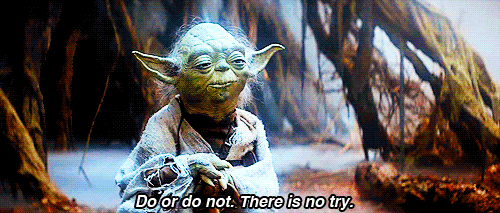
The Tyranny of Trying
"Do or do not. There is no try."
We've weaponised this quote, haven't we? Turned it into another productivity hack, another motivational poster for the office wall. But what if Yoda wasn't pushing us toward greater achievement? What if he was pointing to something far more radical?
When we say we'll ‘try,’ we're already negotiating with failure. We're hedging our bets, protecting our ego, keeping one foot on the shore while pretending to swim. This half-hearted engagement with life isn't just ineffective, it’s exhausting. The constant state of ‘trying’ keeps us perpetually suspended between commitment and retreat, draining our energy in the service of... what exactly?
A different reading: Perhaps "Do or do not" is an invitation to either fully engage with what matters or to honestly acknowledge what doesn't. Both are forms of integrity. Both honor our finite energy. The exhaustion comes from the trying, from maintaining the pretence of caring about things that don't truly call to our souls.
The Wisdom of Unlearning
"You must unlearn what you have learned."
In our credentialed, certificated, constantly-upskilling culture, Yoda's advice sounds almost heretical. Unlearn? When everyone else is frantically learning more, doing more, becoming more? I know I have personally been caught up in this too.
But consider what we've learned: That our worth is tied to our productivity. That rest is laziness. That vulnerability is weakness. That success looks like climbing ladders someone else built. That we must optimise every moment of our existence.
These lessons run deep. They shape not just what we do, but who we believe we are. And they're killing us, if not literally, then certainly spiritually.
The invitation: What beliefs about yourself and the world are you carrying that no longer serve you? What ‘truths’ have you absorbed that were never yours to begin with? Unlearning isn't about ignorance, it’s about clearing space for wisdom that emerges from your own lived experience rather than someone else's agenda.
Size Matters Not (Or: The Illusion of Bigness)
"Size matters not. Judge me by my size, do you?"
We live in a world obsessed with scale. Bigger impact. Larger following. More influence. Greater reach. We measure our lives in metrics that have nothing to do with depth, presence, or genuine connection.
Yoda, powerful enough to lift starships with his mind, chose to live in a mud hut. He didn't build an empire or a brand. He didn't optimise his reach or maximise his influence. He simply was, fully, completely, without apology or explanation.
The question: What if your life's work isn't meant to be big? What if it's meant to be deep? What if influence measured in souls touched rather than likes garnered is enough? What if small, intentional, authentic presence is its own form of power?
Fear and the Path to Suffering
"Fear is the path to the dark side. Fear leads to anger. Anger leads to hate. Hate leads to suffering."
This isn't just spiritual psychology, it’s a map of how we lose ourselves. Fear of not being enough drives us to anger at a world that seems to demand more than we can give. That anger curdles into hate, often directed inward. And yes, this leads to suffering.
But here's what's often missed: Yoda doesn't say "Don't feel fear." He acknowledges fear as a starting point, a trail marker on a path. The question isn't whether you'll feel fear; you will. The question is whether you'll follow where it leads.
The practice: When fear arises (of failure, of irrelevance, of not mattering), pause. Notice the anger beneath it, anger at yourself for not being more, doing more, achieving more. Feel how that anger wants to harden into something bitter. And then... choose a different path. Not through denial, but through compassionate acknowledgment of your very human limits.
Presence Over Progress
"Always in motion is the future."
How much of our lives do we spend in that constantly moving future? Planning, worrying, strategising, optimising. We've turned presence into another thing to achieve, another skill to master, another way to be more productive.
But Yoda's presence wasn't a performance or a practice. It was a recognition: the future is always in motion, always uncertain, always beyond our control. The only moment we ever truly have is this one. And this one. And this one.
The paradox: True power comes not from controlling the future but from fully inhabiting the present. Not as a means to an end, not as a way to be more effective, but as a recognition of what actually is.
The Long Game of Patience
"Patience you must have, my young Padawan."
In our instant-everything culture, patience feels almost countercultural. We want transformation now, healing now, wisdom now. We consume self-help like fast food, always hungry for the next quick fix.
But Yoda lived for 900 years. He understood timescales that make our urgency look absurd. Real change, the kind that goes soul-deep, doesn't happen on quarterly schedules or in 30-day challenges.
The relief: You don't have to be fixed by Friday. You don't have to optimise your morning routine or hack your habits or transform your life by the end of the month. Some things take the time they take. Some wisdom only comes through living, through failing, through the slow accumulation of experience that can't be rushed or downloaded.
The Simplicity of Truth
Notice how Yoda's most profound teachings come in the simplest packages? No jargon. No 10-step systems. No elaborate frameworks. Just clear, direct pointing toward truth.
We've complicated everything. We've turned wisdom into content, spirituality into lifestyle, and philosophy into personal branding. We've buried simple truths under layers of explanation, qualification, and commodification.
The return: What if the answer isn't more knowledge, more strategies, more optimisation? What if it's less? What if wisdom lies not in accumulation but in distillation, not in complexity but in clarity?
Passing On What You Have Learned
Yoda's final teaching: "Pass on what you have learned."
But notice, he doesn't say "Pass on what you've achieved" or "Pass on your success strategies." He says pass on what you have learned, which includes the failures, the doubts, the dark nights of the soul. The full human experience, not just the highlight reel.
In our culture of curated lives and optimised personas, this feels radical. To pass on not just our victories but our struggles. To teach not from a place of having arrived but from the ongoing journey of being human.
The practice: What have you truly learned, not from books or courses or coaches, but from living? What wisdom has emerged from your own encounter with difficulty, limitation, and loss? That's what's worth passing on. Not because it will help others optimise their lives, but because it will help them feel less alone in their very human experience.
For the Weary Travelers
Yoda's philosophy isn't for those seeking another system to master or another level to achieve. It's for those who are tired of the game itself. It's for those who suspect that maybe, just maybe, we've been asking the wrong questions.
Instead of "How can I be more productive?" perhaps: "What does it mean to be truly alive?"
Instead of "How can I optimise my performance?" perhaps: "What does my soul actually need?"
Instead of "How can I achieve more?" perhaps: "What would it mean to simply be enough?"
These aren't questions with quick answers or clear action steps. They're invitations to a different way of being in the world. A way that honors rest as much as action, being as much as doing, depth as much as reach.
The Revolutionary Act of Being
In a world that profits from our perpetual dissatisfaction, that feeds on our fear of not being enough, Yoda's deepest teaching might be his simplest: You already are a luminous being. Not will be, once you've optimised yourself. Not could be, if you just try harder. Are. Right now. In all your imperfect, unfinished, beautifully human glory.
This isn't consolation for those who can't cut it in the achievement game. It's recognition of a truth so simple we've spent lifetimes complicating it: Your worth isn't earned. Your value isn't achieved. Your significance isn't measured in metrics.
You are not a project to be completed or a problem to be solved. You are a living being, temporarily inhabiting this ‘crude matter,’ here to experience and express and eventually pass on whatever wisdom emerges from the living itself.
The Deeper Myth
You may not know this, but perhaps it makes perfect sense: George Lucas was deeply influenced by his friendship with Joseph Campbell, the mythologist who mapped the hero's journey. Campbell saw in Star Wars the ancient patterns of transformation that have guided humanity for millennia, not as entertainment, but as medicine for the soul.
This explains why Yoda's teachings resonate at such a profound level. They're not just clever movie dialogue. They're expressions of perennial wisdom, the same truths that have appeared in every culture's deepest stories. The swamp planet of Dagobah? That's the belly of the whale, the dark night of the soul, the necessary descent that precedes all genuine transformation.
Campbell understood what we've forgotten: the hero's journey isn't about conquering external enemies or achieving worldly success. It's about the interior journey, facing our shadows, accepting our limitations, and finding the treasure that was always within us. Yoda embodies the archetype of the wise old mentor who appears not to give us power, but to help us recognise the power we already possess.
Begun, This Journey Has
As we sit with Yoda's teachings, we might notice something shifting. The urgent push to do more, be more, achieve more begins to feel less like wisdom and more like noise. The constant optimisation starts to look less like growth and more like a sophisticated form of suffering.
This isn't about becoming passive or giving up on growth. It's about recognising that true transformation comes not from forcing ourselves into ever-more-optimised versions, but from settling into who we actually are, limitations and all.
May you find your own swamp planet, that place of retreat and reflection where wisdom grows slowly in the quiet spaces.
May you unlearn what no longer serves.
And may the Force be with you, not as another resource to optimise, but as the very ground of your being, always and already present, waiting only for you to stop trying so hard and simply be.
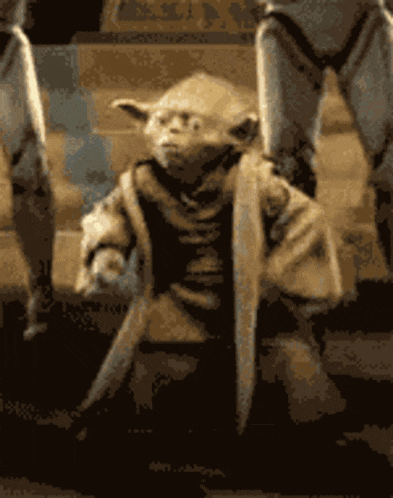
Want to go deeper?
If this resonated with you, imagine what’s possible in a conversation built just for you. 1:1 Philosophical Coaching offers a quiet, reflective space to untangle what matters, reclaim your rhythm, and explore what it means to be fully human—on your terms.
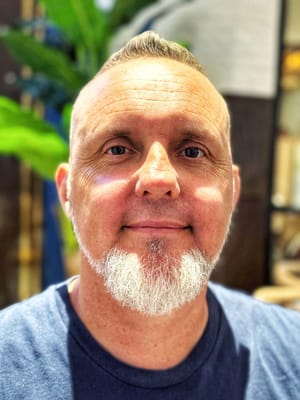
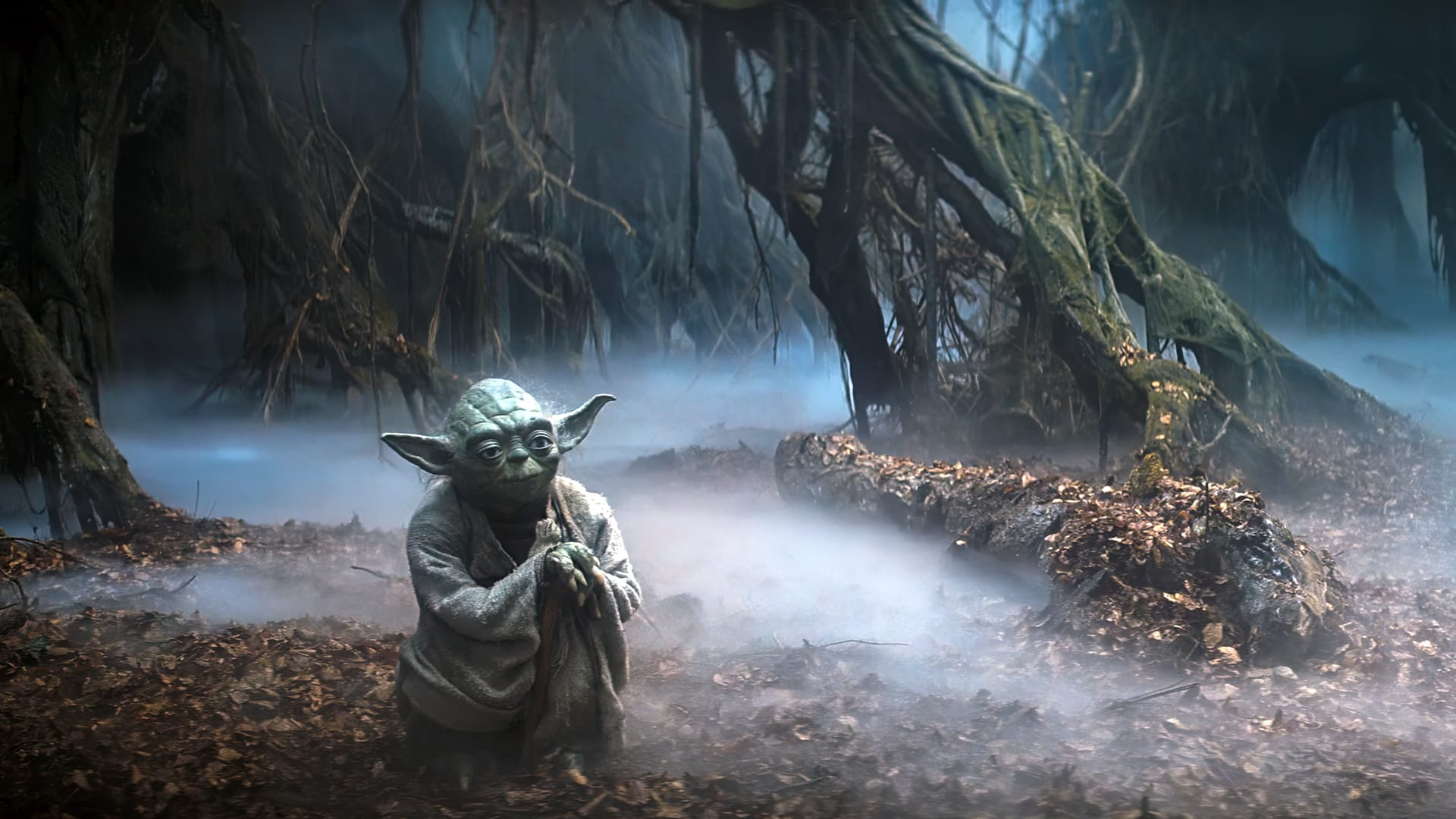


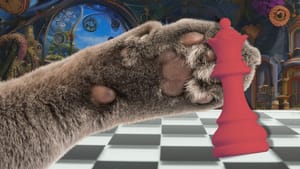
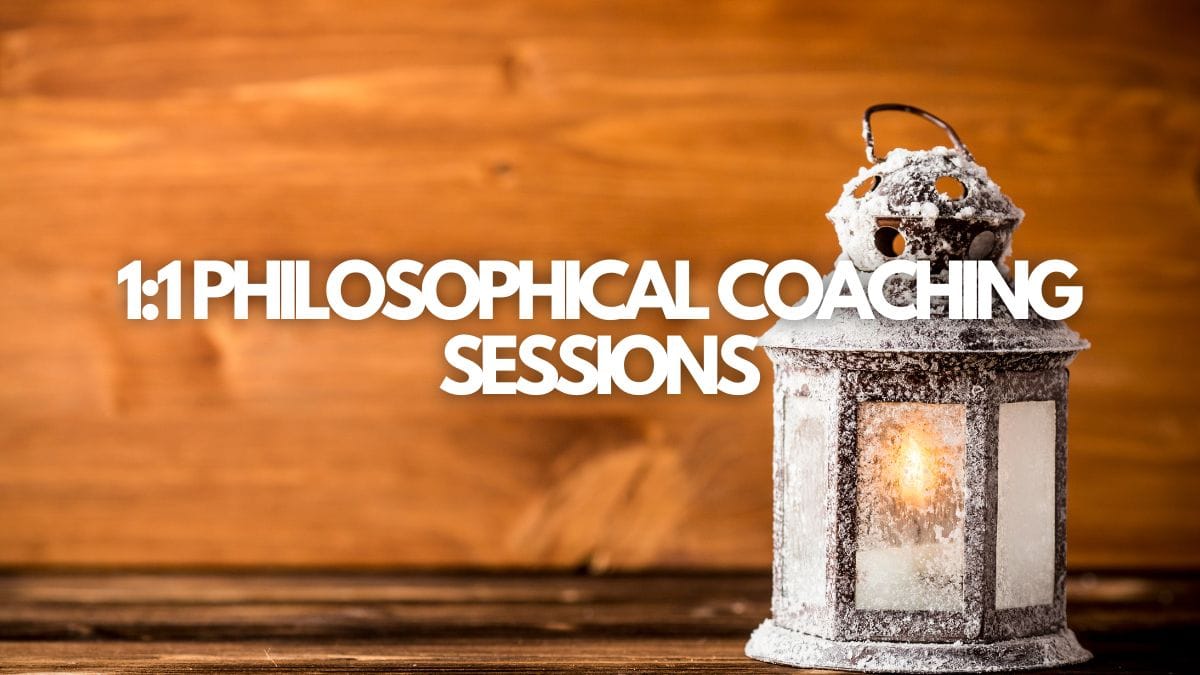

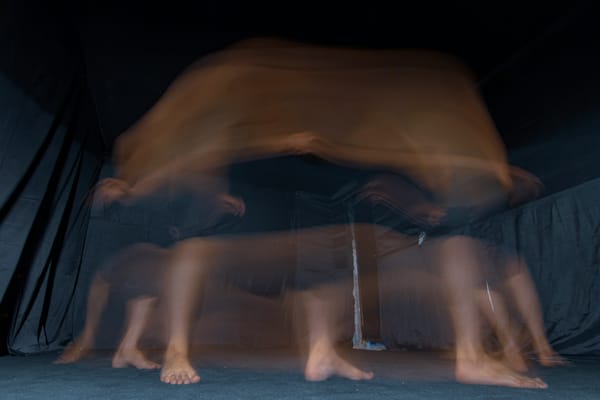



Member discussion